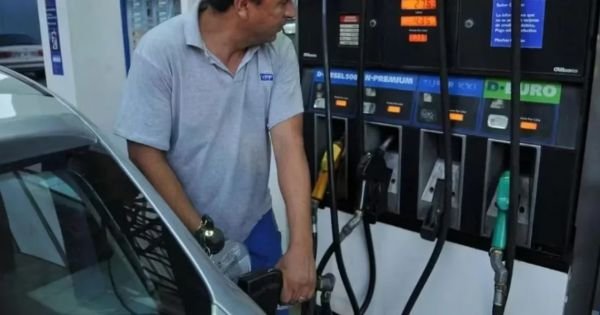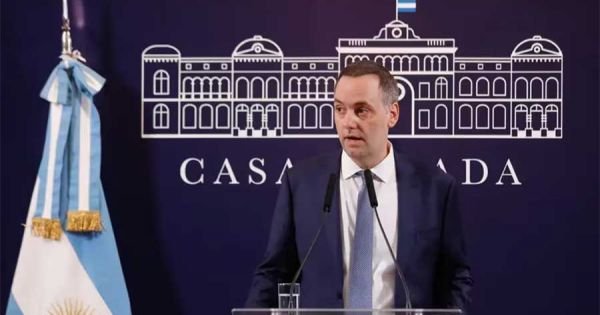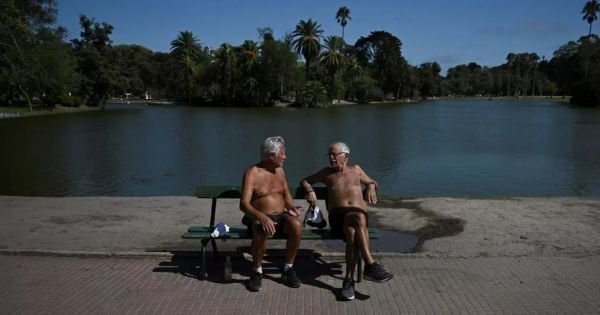[ad_1]
Price of fuel goes up in Argentine to secure supply
Gasoline must not increase more than it should ahead of the presidential runoff, Massa argued
Argentina’s state-run oil company YPF ordered an average increase of 9.75% in the prices of gasoline and diesel oil at pumps, as the freezing deal between the Economy Ministry and fuel producers came to an end Oct. 31 following a 12.5% adjustment the week after the Aug. 13 Open, Mandatory, and Simultaneous Primary (PASO) elections and their ensuing devaluation of the local currency.
Other fuel brands such as Shell, Axion, and Puma were also to increase their retail prices, it was reported in Buenos Aires.
Economy Minister and Presidential candidate Sergio Massa insisted the new increases should be in line with the Government’s cared-for prices program (5%).
The August deal included a reduction of the domestic price of a barrel of oil to US$ 56, the freezing of the exchange rate, the reduction of taxes for exports, greater availability of access to foreign currency, and a temporary differential exchange rate for the liquidation of sales abroad.
However, the oil companies started to speculate in the last 15 days that after the freeze there would be a devaluation and that, after this, there would be an increase of at least 20%, according to local media.
In this scenario, the Argentine government left untouched a plan to update taxes on diesel and unleaded and virgin gasoline, in a move to avoid further damage to consumers a little over a fortnight ahead of the presidential runoff.
In the case of consumption taxes, and given that the demand for liquid fuels is highly inelastic, the variations in taxes are transferred practically directly to the final prices of fuels, the government explained.
Massa assured that the temporary freezing of the tax represented a resignation of state resources. ”The decree that establishes the freezing of the ICL (Liquid Fuels Tax), a mechanism by which the State does not increase its participation in taxes so that gasoline … does not increase more than it should, he underlined as recent shortages seemed to herald rumors of a devaluation.”
[ad_2]
Source link




